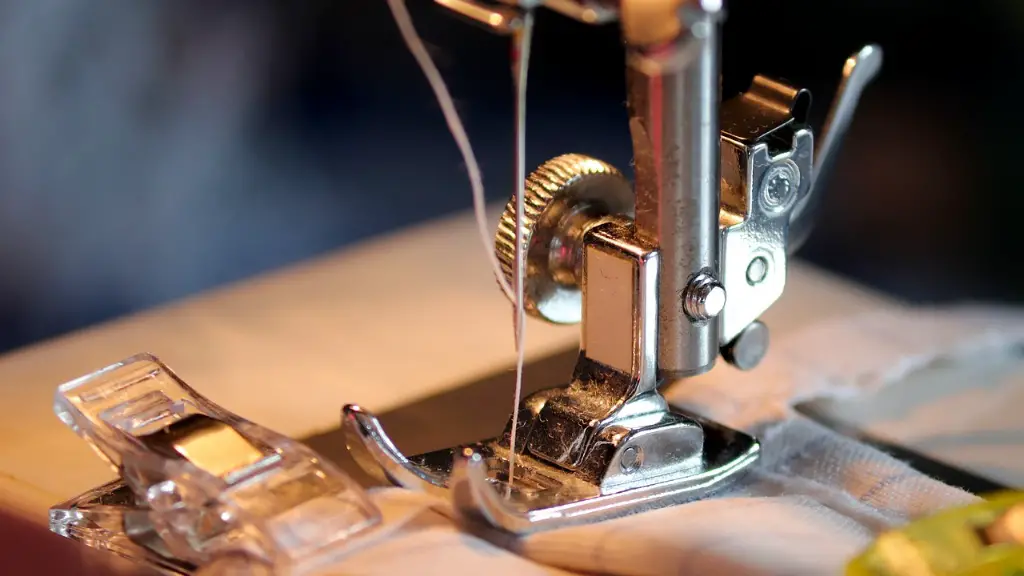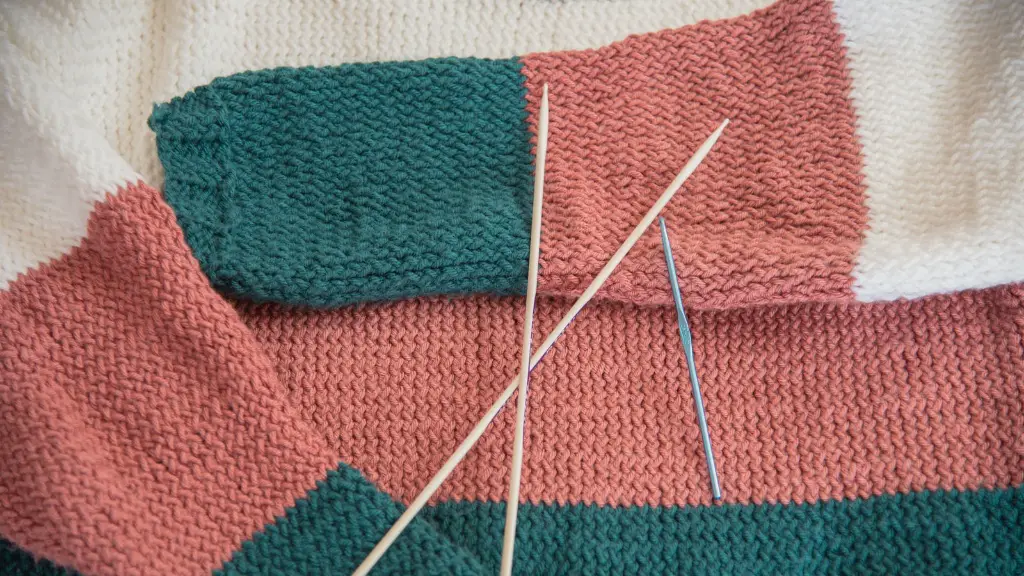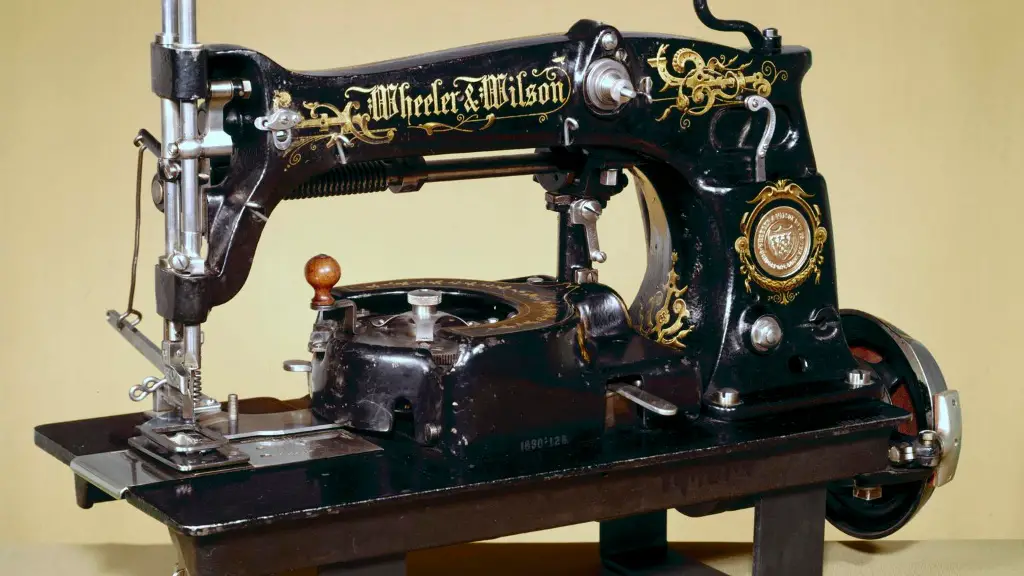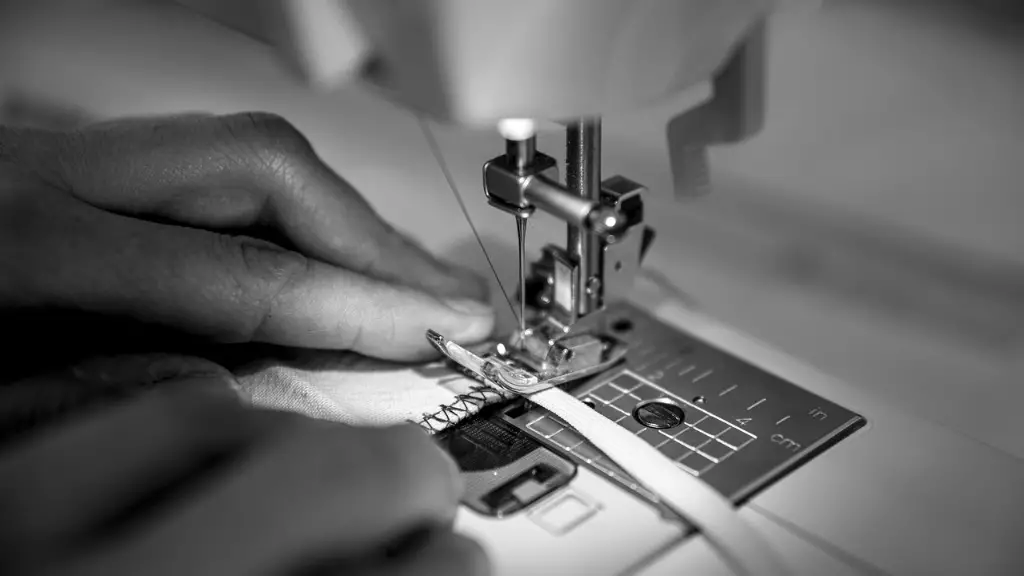How to become a Sewing Machine Repair Technician
If you’re interested in a career as a Sewing Machine Repair Technician, it’s important to understand what the job entails. A Sewing Machine Repair Technician is responsible for diagnosing, troubleshooting, and repairing mechanical and electronic issues with sewing machines. Sewing Machine Repair Technicians work with industrial, home, and tailor-made machines and should possess a comprehensive understanding of how to service and maintain all types of sewing machines. It is expected that a Sewing Machine Repair Technician is able to troubleshoot and diagnose any issues that may arise.
It is essential for aspiring Sewing Machine Repair Technicians to acquire their desired certifications. To become a fully qualified Sewing Machine Repair Technician you will need to complete a formal training program where you will learn the basic principles of sewing machine mechanics and get hands-on experience in servicing and repairing sewing machines. It is also important to have an aptitude for the technical aspect of the job and to be comfortable with using small tools and machines to complete repairs.
When it comes to the actual work, Sewing Machine Repair Technicians work both in the field and in the repair shop, often troubleshooting and repairing machines in the customer’s home. Additionally, many Sewing Machine Repair Technicians spend time in the shop working on the machines from sales to repairs, updating and replacing parts, and replacing worn parts and components. Sewing Machine Repair Technicians must be knowledgeable about the latest technologies and repairs techniques and understand what type of repairs are best for different types and models of machines.
Those interested in this job should also possess strong problem-solving and customer service skills,as well as the ability to think on their feet, as issues rarely present themselves the same way twice. A Sewing Machine Repair Technician must be able to work efficiently under pressure and have great attention to detail. It is important to have good communication skills as Sewing Machine Repair Technicians must facilitate the customer’s understanding of the repairs that need to be done.
The salary of Sewing Machine Repair Technicians can vary widely depending on the level of experience and certification. The average annual salary for Sewing Machine Repair Technicians is about $36,000, with up to $50,000 for experienced technicians. While the exact salary can vary depending on experience and the area, Sewing Machine Repair Technicians earn a very decent salary, and their work is a great way to build a career in the service industry.
Classroom Training
To become certified, aspiring Sewing Machine RepairTechnicians should start by taking a formal sewing machine repair training program. This will usually be offered through a college or technical school and can take anywhere from six months to a year. Courses can typically be taken online or in person, depending on the program and the student’s availability.
During the program, students will learn the fundamentals of sewing machine repair, including the anatomy of the machine, how to properly use tools and equipment, how to diagnose and troubleshoot issues, and how to effectively perform repairs and maintenance. They will also be trained on the appropriate safety procedures for servicing sewing machines. Students should expect to be tested on their understanding of the topics covered in the program.
At the end of the program, students should be able to understand the technical aspects of the job and be competent in performing mechanical and electronic repairs and maintenance. Additionally, those who complete the program will be eligible for certification, which is essential for becoming a qualified sewing machine technician.
On the Job Training
The next step in becoming a Sewing Machine Repair Technician is to get some on-the-job training. This can be done through internships, apprenticeships, or even as a part-time job in a local sewing machine repair shop. It is important to find a mentor who can offer experience and guidance in the field.
The best way to learn the job is to practice it daily. This means that the technician will be doing much of the same kind of work as a full-time technician, including repairs, maintenance, and customer service. This will also help the technician to develop the necessary soft skills associated with the position.
On-the-job training will also provide the technician with the opportunity to learn from experienced professionals and build relationships in the industry. Building a good professional network is essential for anyone looking to become a Sewing Machine Repair Technician.
Gaining Experience
A Sewing Machine Repair Technician should also strive to further their skills and become a specialist in certain models or manufacturers. It is important for a Sewing Machine Repair Technician to remain up-to-date with the latest technologies and techniques in order to stay competitive in the industry.
Continuing one’s education is also a great way to advance as a sewing machine repair technician. Attending seminars, taking additional classes, and reading professional literature are all excellent ways to expand one’s knowledge in the field.
In addition to gaining experience with repair work, aspiring Sewing Machine Repair Technicians should also take the time to learn about different sewing machines, fabrics, machines, and thread. Knowing what parts of a sewing machine do what and how to best service each part is essential for becoming an effective technician.
Networking
It is also important for aspiring Sewing Machine Repair Technicians to build a good professional network of contacts. This can be done through attending local sewing machine repair industry events, joining a trade union, or joining a professional repair organization. Having a strong network will open doors for more job opportunities and serve as a great source of knowledge and advice from experienced technicians.
Any aspiring Sewing Machine Repair Technician should also join a professional organization that provides certification and other benefits. These organizations also act as a great resource for continuing education and serve as a platform for networking with industry professionals.
Finding Employment
Aspiring Sewing Machine Repair Technicians should also consider seeking out internships and apprenticeships in repair shops, as these will provide valuable hands-on experience in the field. Having some experience in the industry can also be beneficial when seeking out full-time employment as a Sewing Machine Repair Technician.
It is also important to have a professional resume and portfolio showcasing all of your skills and certifications. Having a professional resume and portfolio will help demonstrate to employers that you have the skills and qualifications necessary to be a successful Sewing Machine Repair Technician.
Finally, prospective sewing machine repair technicians should take the time to search for job opportunities in their local area. Many repair shops are happy to take on new technicians with fresh ideas and enthusiasm. Additionally, networking is an important part of finding employment in the industry, so it pays to make as many contacts as possible.
Research
Before beginning a career as a Sewing Machine Repair Technician, it is important to research the industry, the requirements, and the salary rates. It is important to understand the specifics of the job and the qualifications needed before beginning a full-time or part-time career. Additionally, having a strong knowledge of the industry will help aspiring technicians understand what to expect when it comes to their role.
It is also essential for technicians to research the professional organizations in their area as well as any national and international sewing machine repair organizations that can provide certification or recognition. Knowing the local organizations and professional organizations will help aspiring technicians stay up-to-date with the latest industry information and trends.
Finally, aspiring Sewing Machine Repair Technicians should research and understand the scope of repair services offered in the local area. This will help technicians understand the market and identify potential clients and customers. Incorporating marketing and advertising strategies into their plan will help them gain more recognition and work more clients.
Conclusion
Becoming a Sewing Machine Repair Technician can be a rewarding and lucrative career option. It is essential for technicians to have a comprehensive understanding of the trade, as well as the skills to complete effective repairs and maintenance. Becoming certified is essential for those wishing to advance in the field, and having a strong network of contacts is a great way to stay up-to-date with the latest industry information.
Gaining experience through internships and apprenticeships is a great way to learn the trade and to become a specialist in certain models or manufacturers. Additionally, it is important to research the industry and local market in order to understand what customers expect and need from a professional Sewing Machine Repair Technician.





